While many students sunbathed in Cabo, spent hours touring college campuses, or waited out the cold Minnesota weather by cheering the basketball team on to the state championship, 15 students and three teachers had the experience of a lifetime on BSM’s first ever Ghana Mission Trip.
“It was a great experience. I wish I could’ve stayed longer––for a couple of months even. I was definitely not ready to go home,” said junior Erica Qualheim.
This group spent 12 days working at an orphanage and sightseeing everything from slave castles to deep jungles.
A New Day, A New Experience
The group landed in Ghana on the first day of Spring Break, heading to Teshie, a suburb of the capital city Accra.
Each day, the group would travel to a different location to sightsee. “We saw Independence Square, where Ghana’s independence was declared, and we went to many markets,” said Qualheim.
[slideshow=32]
But the experience went even further. “We toured a slave castle and it was really interesting. It was a huge fortress right on the coast, and we got to see the different dungeons and cells where the slaves were held,” said Schultz.
The group also went to the rainforest, participating in a canopy walk, visited many museums and beaches, and hiked on a mountainside gorge.
At Home in a Foreign Country
“The people there are so friendly, we would drive around on the streets and everyone would wave to us,” said Qualheim. “The people are really welcoming, and they would walk up to us on the street and tell us we’re welcome here, that we should feel at home.”
The trip was led through VCXP, Volunteer and Culture Experience, and the group stayed at a VCXP guest house with hosts Gloria and Big Mama.
“We stayed at a compound that didn’t have any running water or air conditioning, so it was really warm and you had a bucket of water for showering,” said senior Elena Schultz.
With temperatures in the 90s and a perpetual humidity, the weather was a complete change from the Minnesota winter. “The trip was superb, but exhausting, partially because it was always really hot,” said teacher Anna Overbo. “The first couple of days we sat and drank water for the most part.”
The food was another new experience for many. “Everything we ate was red, because a sauce made of peppers or tomatoes was used in everything,” said Qualheim. “We had white bread for breakfast, and ate fried plantains, rice, meat, chicken, stews, and a lot of eggs for dinner and lunch, all red,” she said.
Working at the Orphanage
After a few days sightseeing, the group took a three hour bus ride to the city of Volta, in central Ghana, where they stayed at an orphanage and worked there for four days.
“The highlight of the trip was definitely working with the kids in the orphanage,” said Schultz. “They’re really cute, and you could tell that they didn’t have a lot, but they were happy with what they had and that was really impressive.”
The orphanage, which served as a day center for about 50 children ages two to four, helped children who either lived with a single parent, an extended family or an adopted parent. “In Ghana to be called an orphan means that you have no one to look after you, and that’s a huge insult,” said Ms. Overbo.
Basically, the group played with the children and kept them occupied. “We didn’t really have a schedule; we would just spend the whole day with the kids, mostly playing with them, but also bathing and brushing their teeth,” said Qualheim.
“We all fell in love with the kids, and there were so many different personalities in the orphanage,” said Ms. Overbo. “You saw the little alpha male marching around, a little girl comforting a sick one, and Princess, little miss sassafras. She’s such a survivor, which is amazing considering all she’s been through.”
The third day at the orphanage was tooth brushing day, and the fourth was bath day. “You could tell some kids hardly brushed their teeth because their gums bled so easily,” said Overbo.
“I felt that I went to Ghana and I didn’t do much, I didn’t build a fence or an extra classroom for the orphanage, but maybe that’s not what they needed, maybe what they needed was just human contact,” said trip leader Ms. Lidibette Rosado-Guzman.
Cultural Awakening
This trip also opened many students’ eyes to cultural aspects of African life. “We were told that in Ghana, people do things the African way. There may be better ways to do things, but this is the way it is done, and we have to respect those ways,” said Ms. Overbo.
Students were opened to cultural aspects on this trip as well. “We saw lots of little tribes and huts while we were driving,” said Qualheim. “The town put on dance and drum shows for us as a welcome, which was also really cool.”
“Ghana is a very male dominated culture. Females are the ones who are responsible for everything in life, from the food to the care of the kids,” said Mrs. Guzman.
“It was definitely a positive experience for the kids, as they absorbed new people and new cultures,” said Ms. Overbo.
A Learning Experience
“I think that this trip really brought the world to the classroom. When you leave these experiences, you have a better understanding of yourself and the struggles of others, and you can put the pieces of the puzzle together,” said Mrs. Guzman.
Students also learned about appreciation in contrast to the happiness of people in Africa despite bleak conditions of life. “The trip changed my attitude about being grateful for what you have, and wanting what you have rather than what you don’t have,” said Schultz.
Students and teachers alike expressed the eye-opening truth that this experience taught them. “It was a completely different way of living,” said senior Parker Grones. “Everything was amazing and new, from the people you meet to the little kids.”
“The most amazing thing was going to the orphanage and seeing these kids with open arms, hugging and kissing and playing with out kids, without that line of discrimination and separation of color,” said Mrs. Guzman. “It wasn’t such a thing of us and them, but more like we’re all people together in common ground.”
“I hope that students really learned that we are very privileged to be Americans, to have the life that we have. With all the things we take for granted, it’s so easy for us to forget about those that done have the basics,” she said. “I think that students need to know how these other countries are trying to survive, and how positive they are despite all the hardship.”
“I think we all learned more about ourselves along with the cultural part,” said Mrs. Guzman. “It helped me reexamine my own purpose, and see how we can truly make a difference.”
Amelia Raether, staff writer



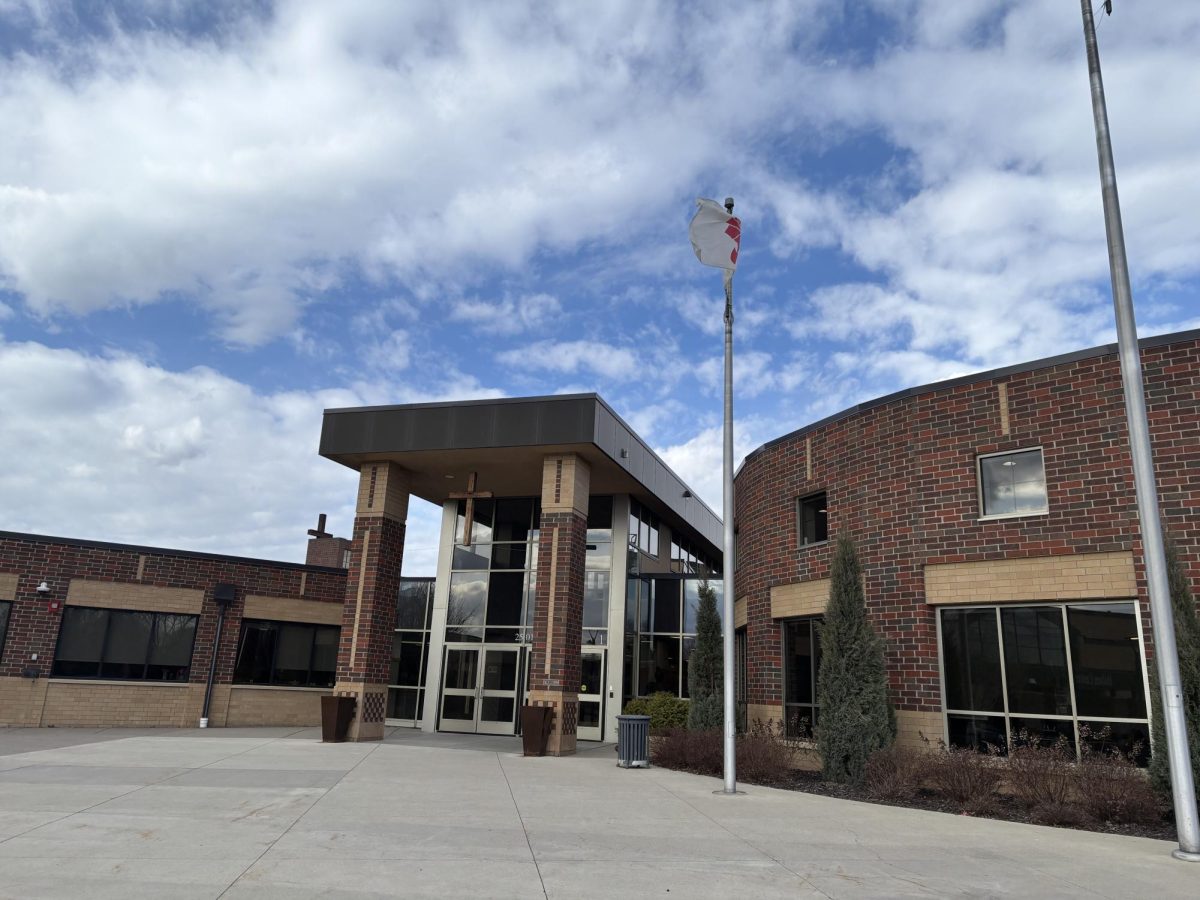
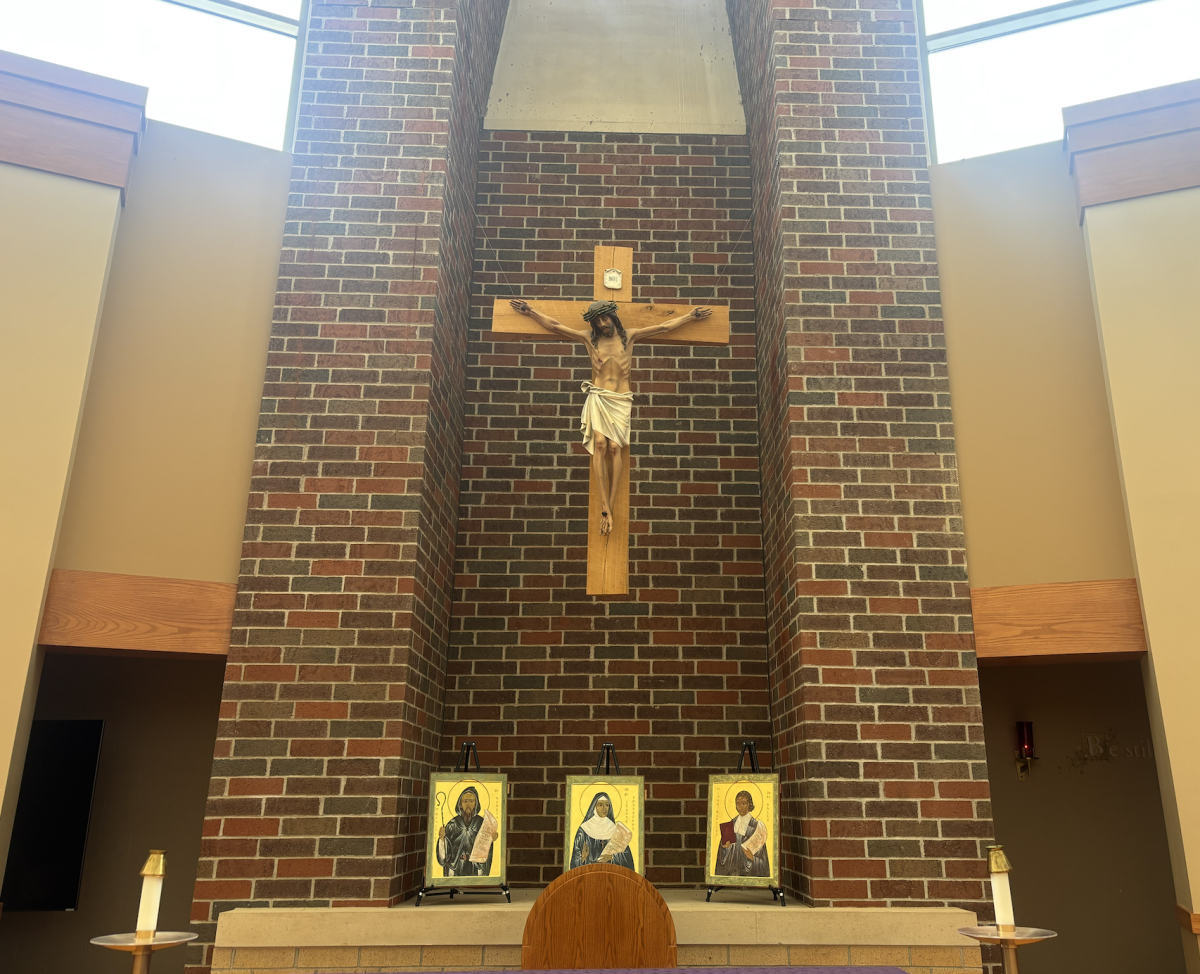
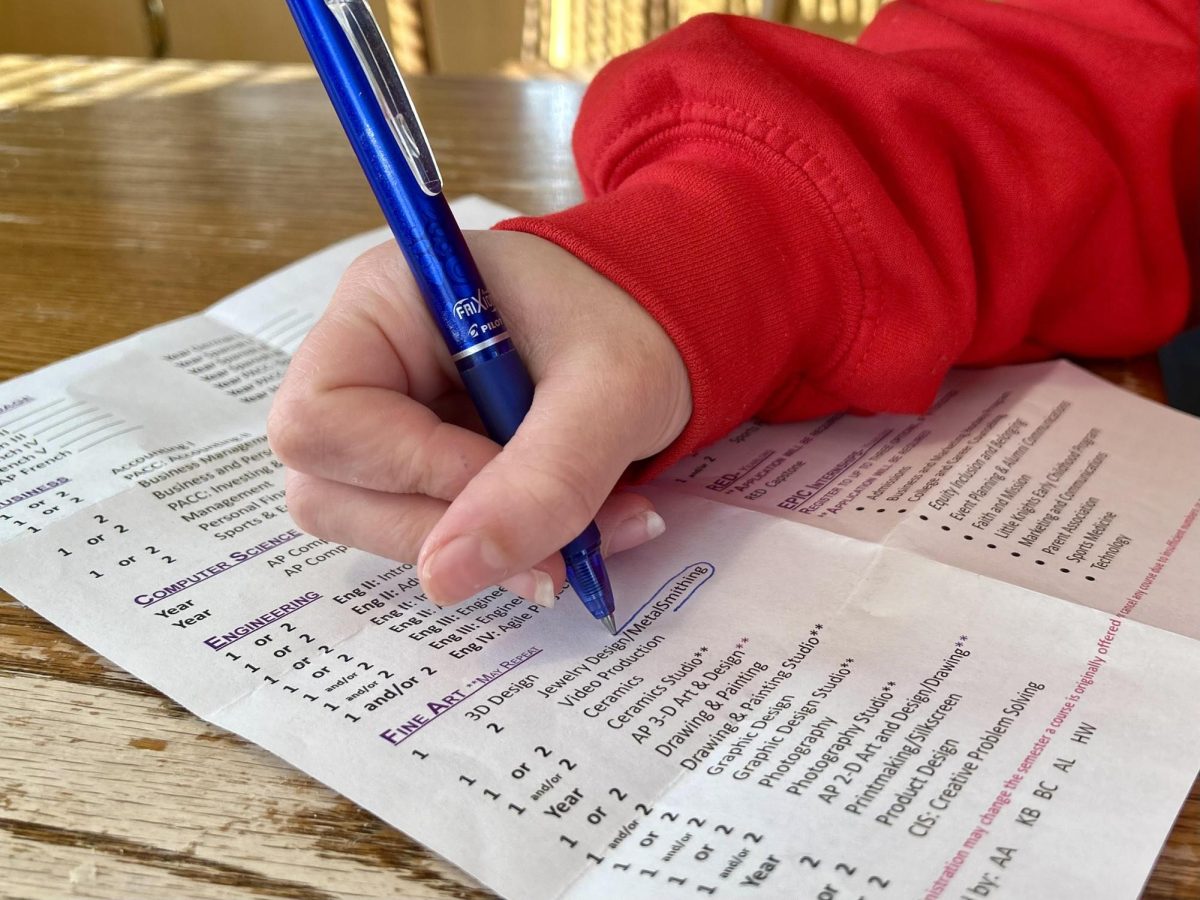
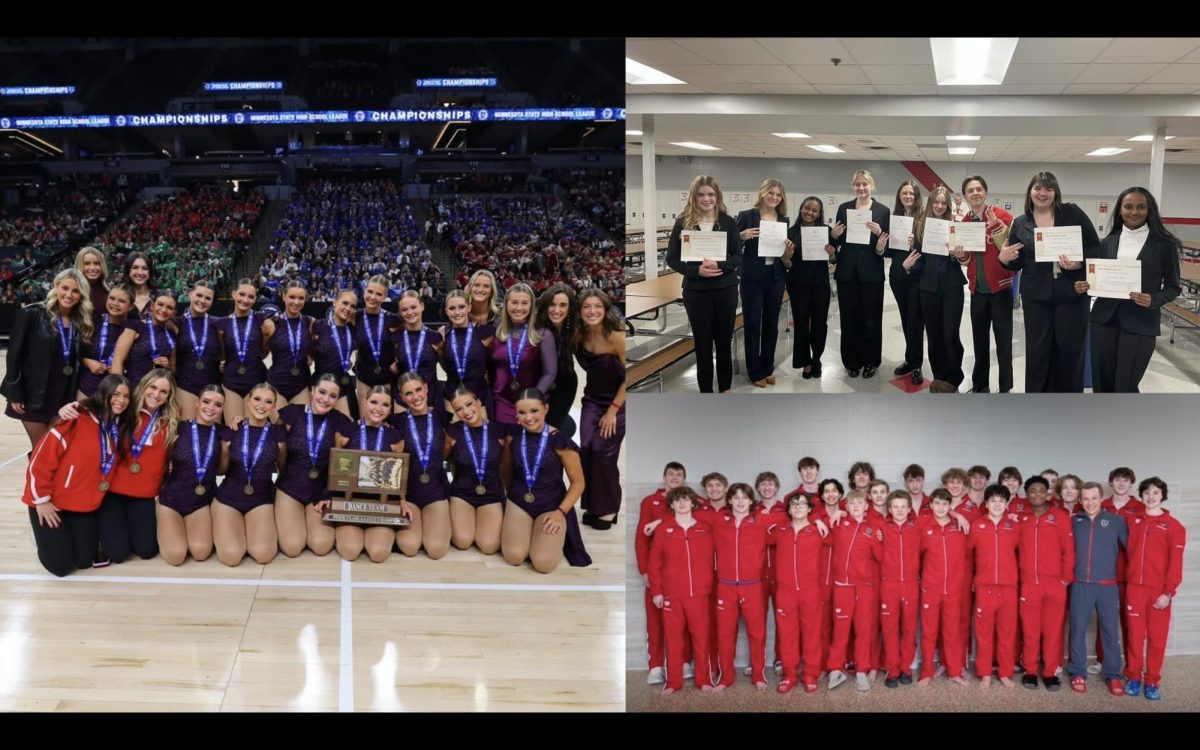
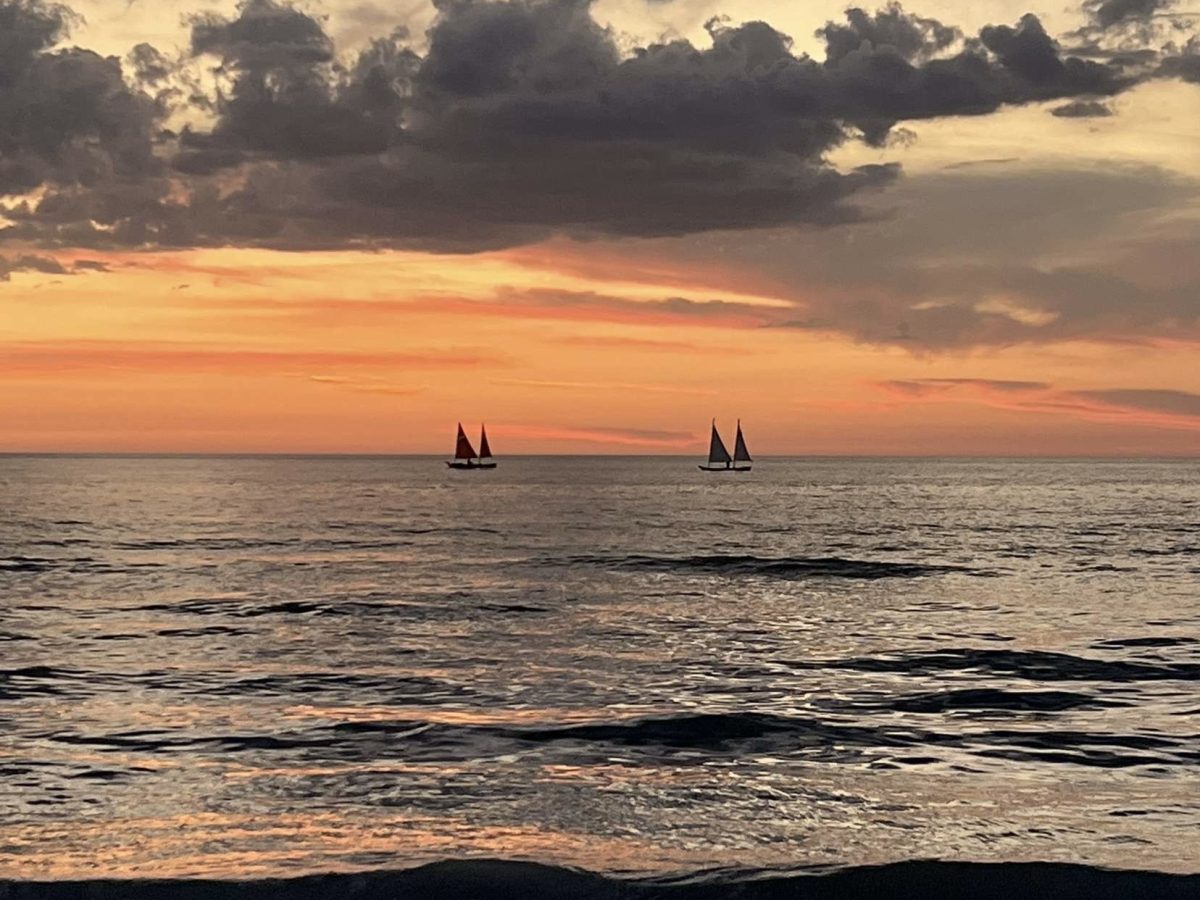
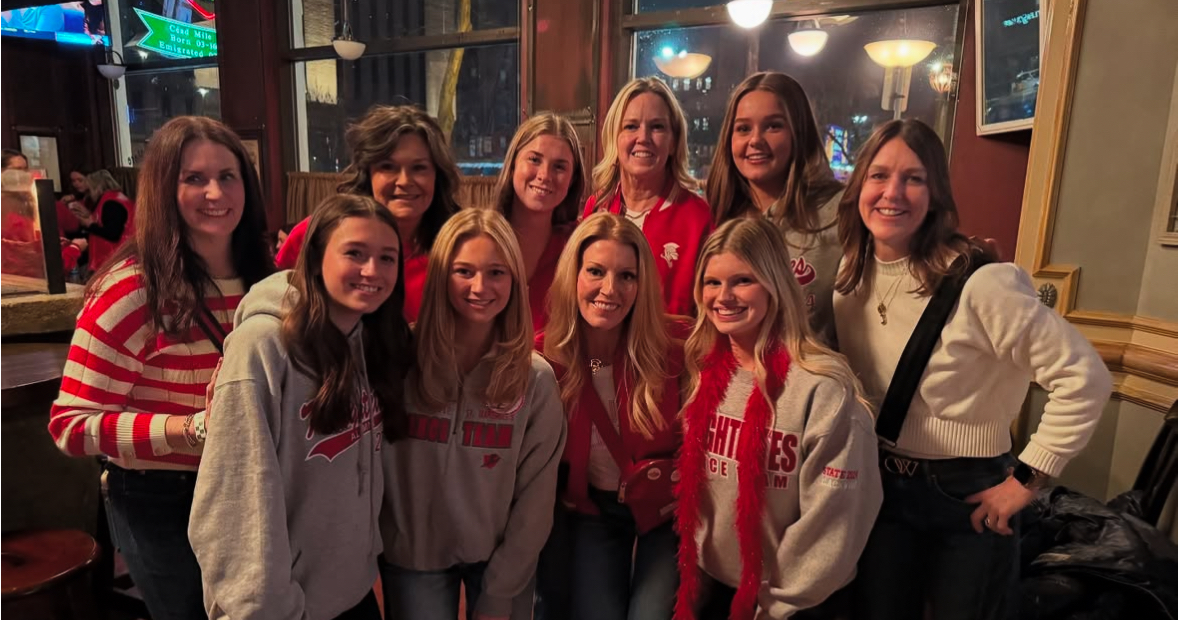
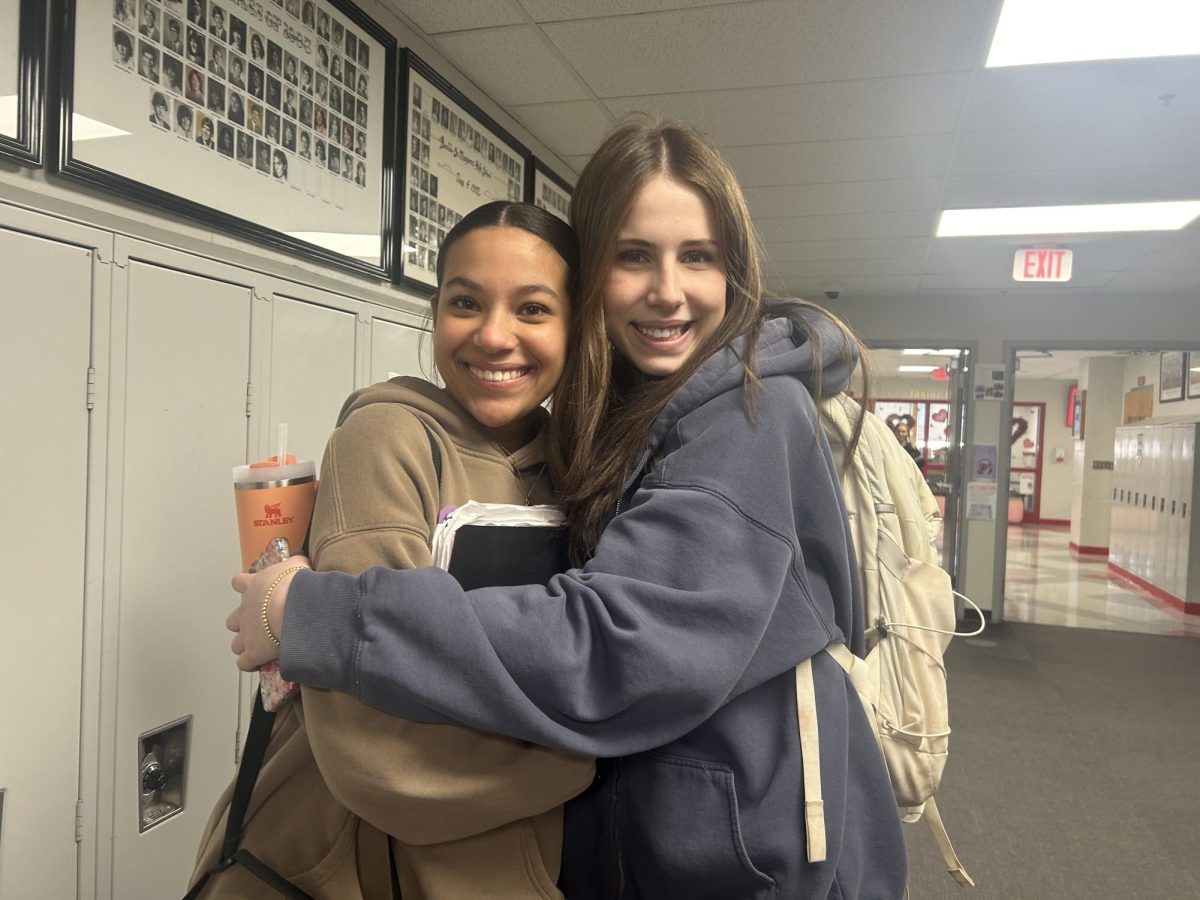
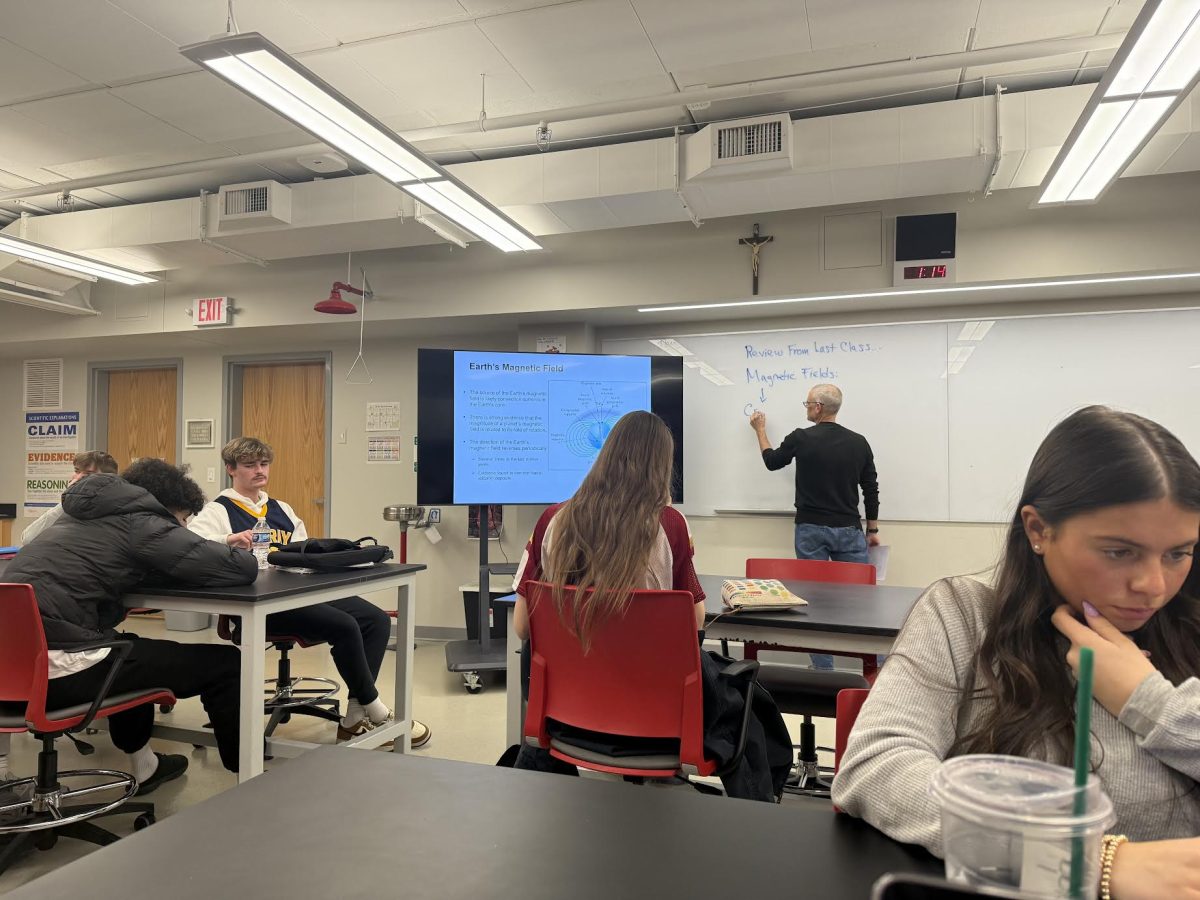


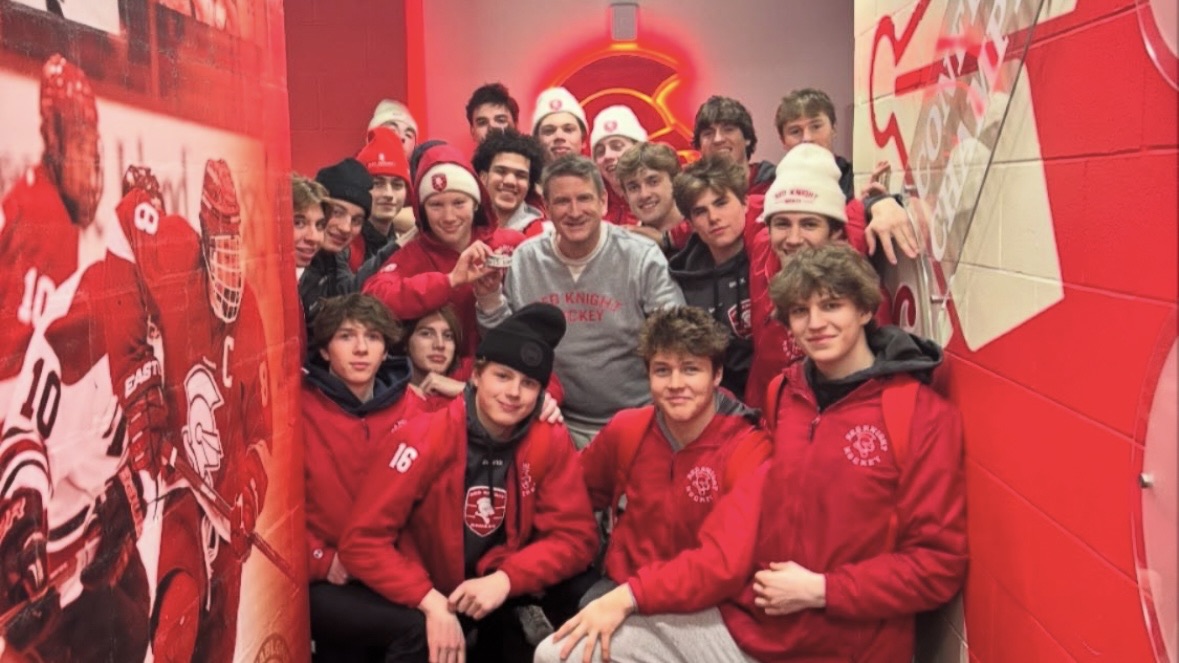
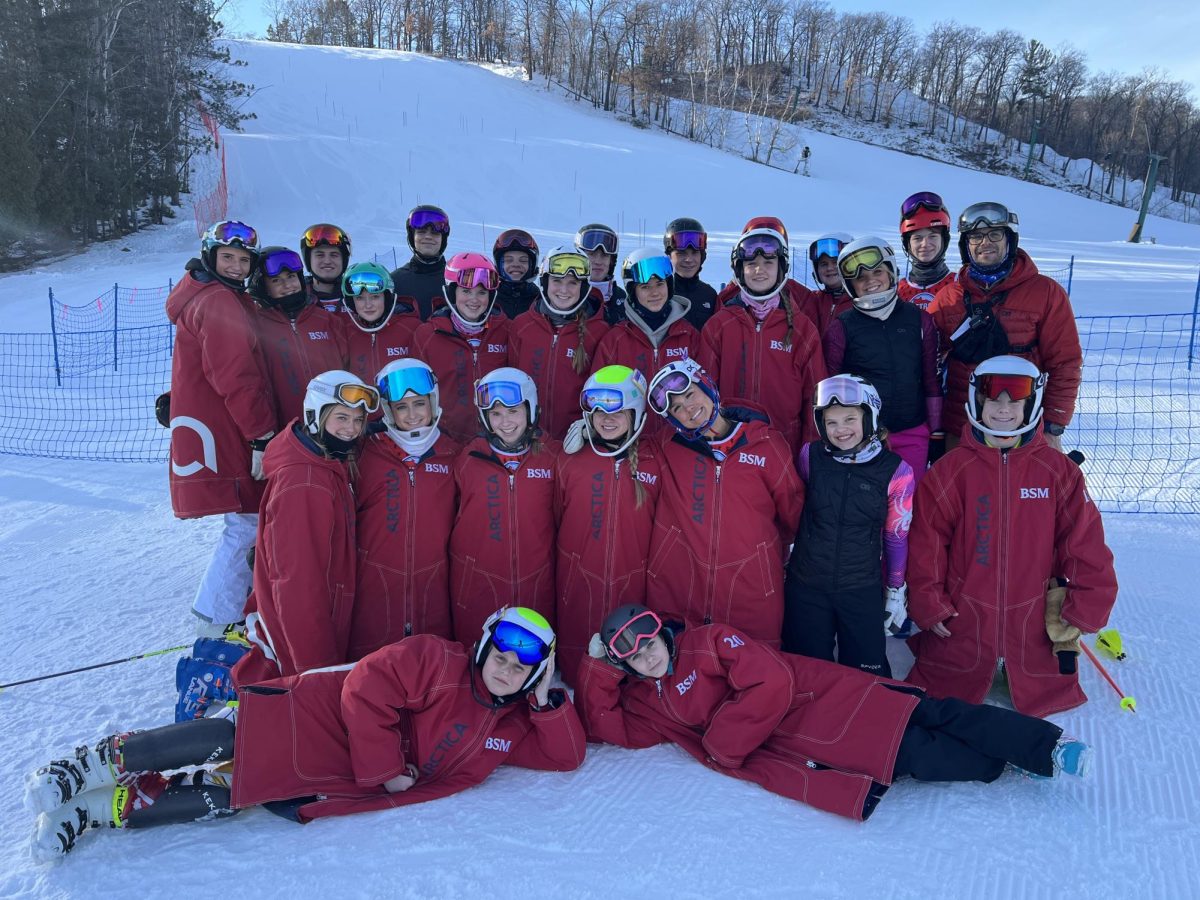
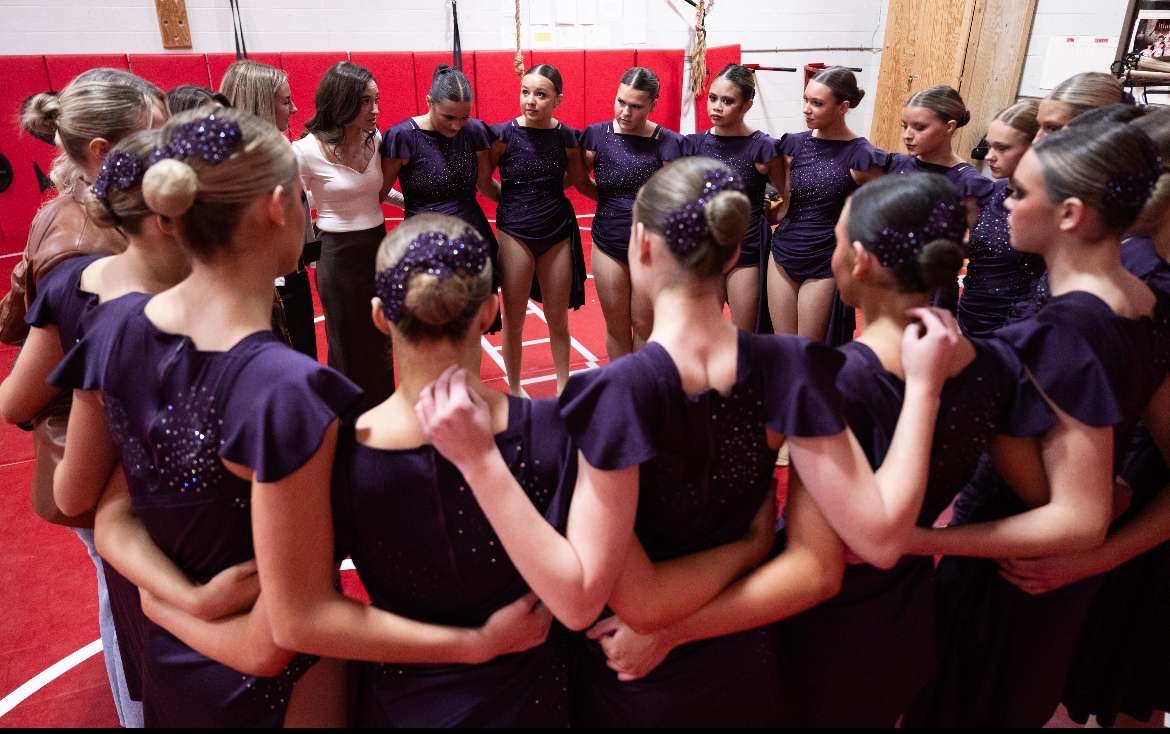



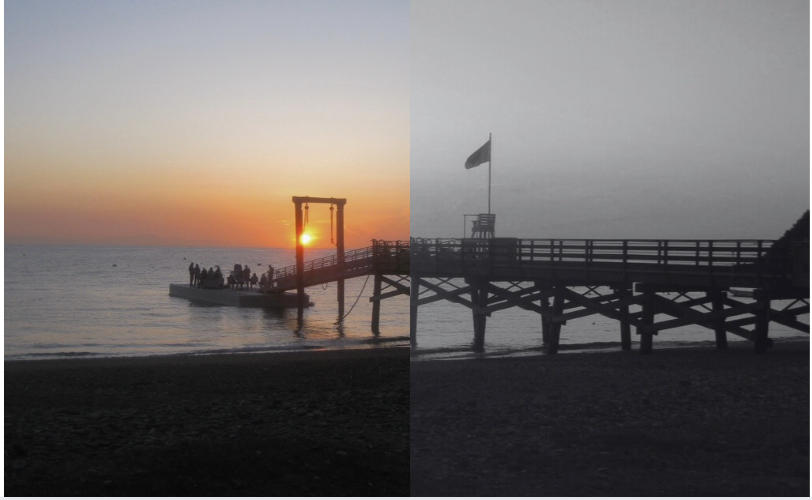

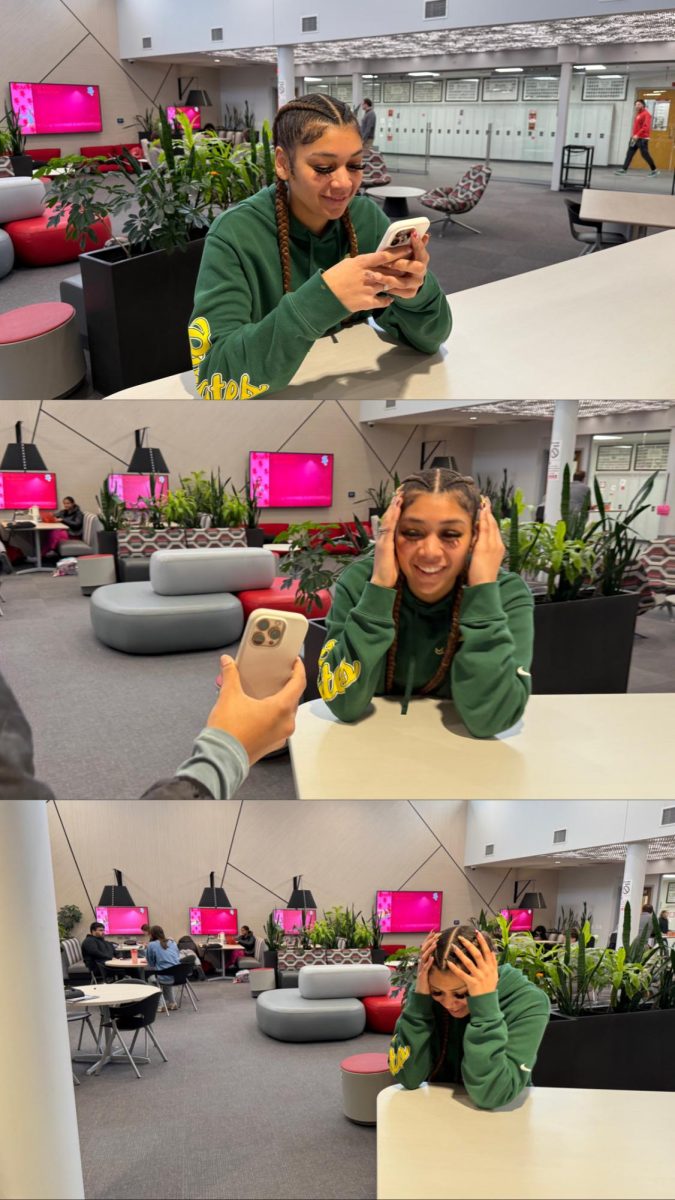

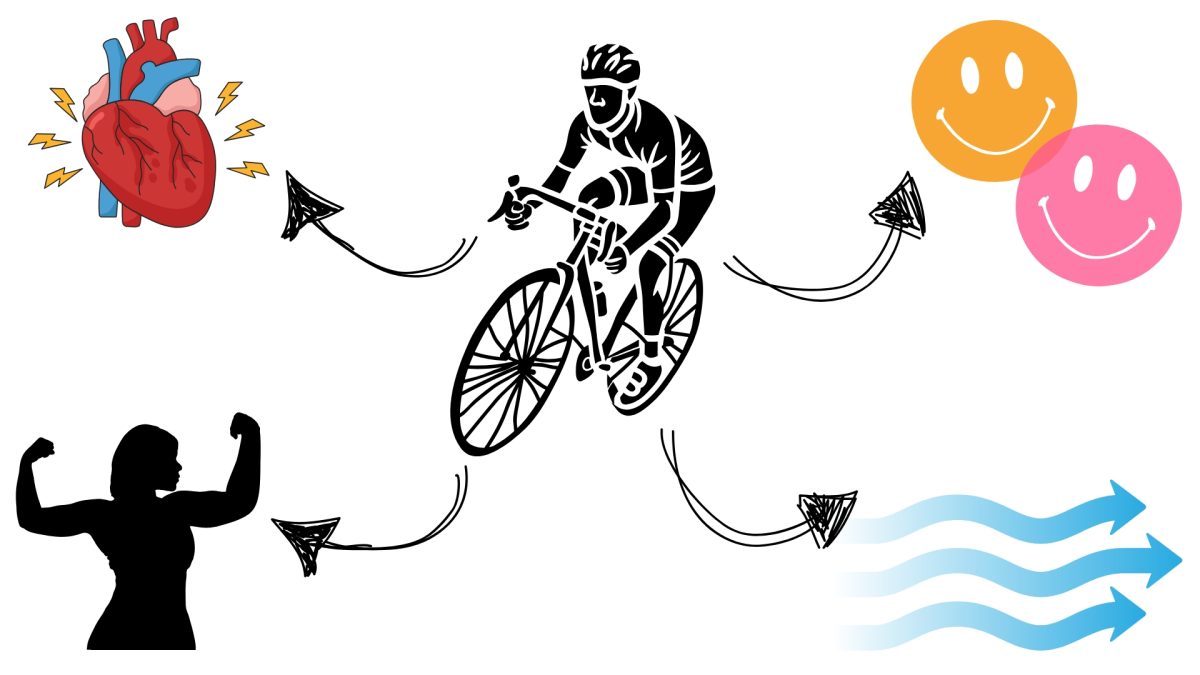
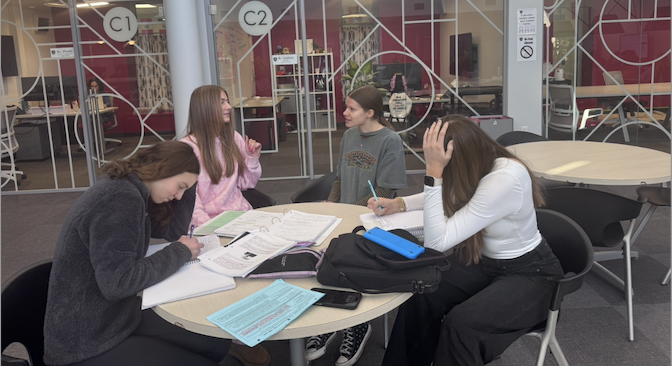

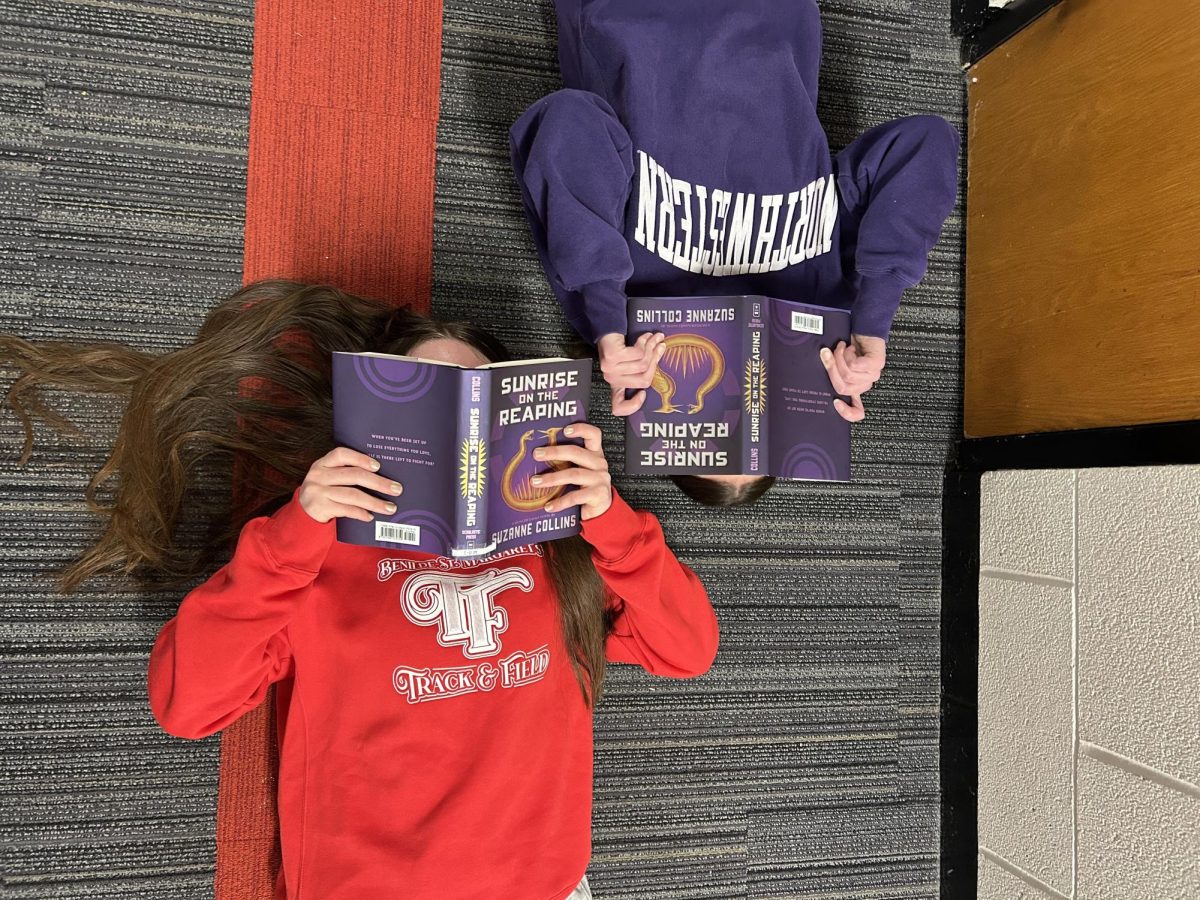
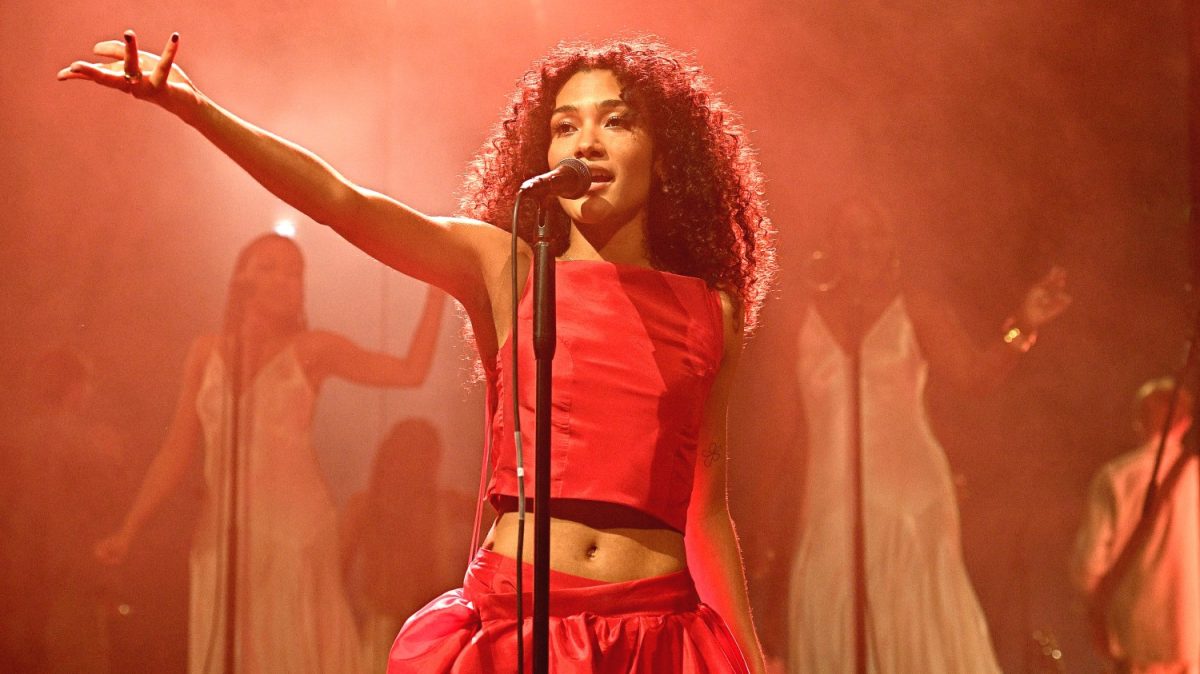
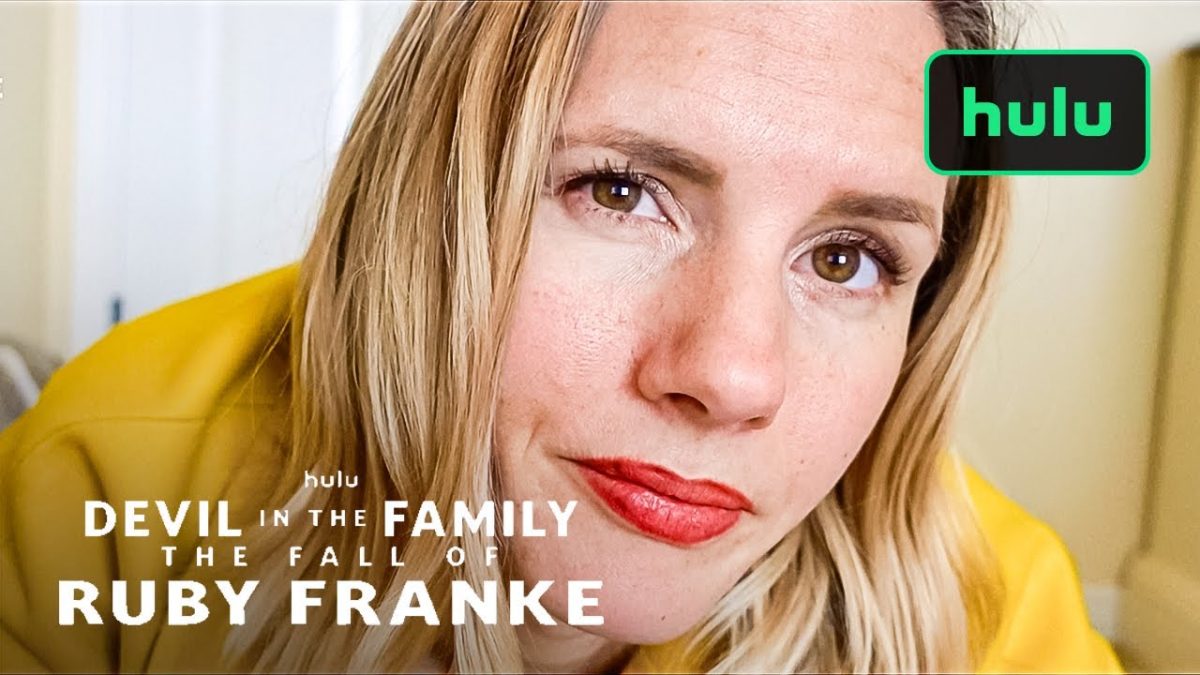







![Teacher Lore: Mr. Hillman [Podcast]](https://bsmknighterrant.org/wp-content/uploads/2025/03/teacherlorelogo-1200x685.png)





Judy Ferber • Apr 18, 2008 at 6:01 pm
I have never had the opportunity to experience a trip like this. So I took the journey with you through my computer at my my home in Altoona, Wisconsin.
Although the information I received was limited to the emails from my sister-in-law Mary Qualheim, and your school website, I felt at times like I was right there with you.
Words cannot express the pride I feel in my heart to know that my niece Erica, along with everyone else on the trip, had the opportunity to experience a life changing event. Not only for yourselves, but for the hearts of the people you touched while you were there. I can see it in the eyes of the children.
You made a difference, if only for a short time, that will last forever.
Now THAT, is something to be proud of! Thank you.
Peace and Good Will,
Judy Ferber